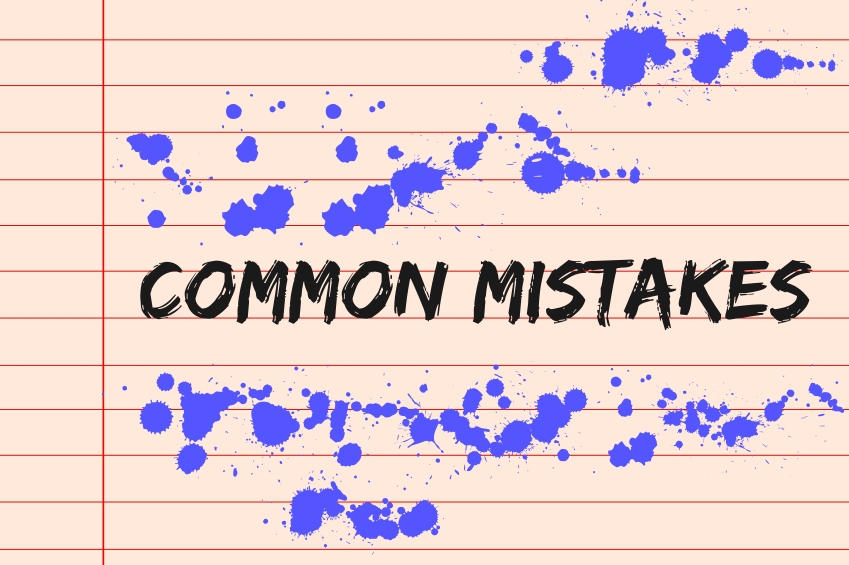
Crafting a residency personal statement is a crucial step in the application process, offering candidates a platform to showcase their journey, achievements, and aspirations in medicine. A well-written personal statement can distinguish you from other applicants by highlighting your unique experiences and qualities.
This comprehensive guide outlines the essential residency personal statement components to include in your personal statement to make it cohesive, engaging, and reflective of your professional and personal growth.
7 Key Residency Personal Statement Components
1. Introduction: Set the Stage
Your introduction sets the tone for your personal statement and should immediately capture the reader’s interest. Begin with an engaging anecdote or a significant personal experience that led you to pursue a career in medicine. This could be a moment from your childhood, a pivotal experience during your medical training, or an inspiring patient encounter. Your aim is to draw the reader in and provide a snapshot of what drives your passion for medicine.
Example:
“As a child, I spent countless hours in my father’s clinic, captivated by the delicate balance of science and empathy in his work. One memorable day, a young boy with a severe asthma attack came in, struggling for breath. My father’s calm and swift response not only saved the boy’s life but also ignited my determination to pursue a career in medicine.”
2. Your Journey to Medicine
After setting the stage, delve into your journey toward choosing medicine as a career. Discuss any significant experiences that influenced your decision. Highlight your pre-medical education, volunteer work, internships, and key moments during medical school that shaped your path. This section should provide a clear narrative of your motivations and the trajectory leading to your chosen specialty.
Example:
“During my undergraduate studies in biology, I volunteered at a local free clinic where I witnessed the profound impact of healthcare disparities. This experience solidified my resolve to pursue a medical degree. My time at [Your Medical School] has been filled with rigorous coursework and diverse clinical rotations, each reinforcing my commitment to medicine.”
3. Why This Specialty?
Articulate why you have chosen a particular specialty. This section should be personal and specific, reflecting your experiences during clinical rotations that drew you to this field. Mention influential mentors or role models and explain what aspects of the specialty resonate with your skills and career goals.
Example:
“My passion for internal medicine emerged during my third-year rotations. The complexity and variety of cases challenged me intellectually and allowed me to develop strong diagnostic skills. Dr. Smith, my mentor, demonstrated how compassionate care could significantly impact patient outcomes, inspiring me to pursue a career in internal medicine.”
4. Professional Development and Challenges
Highlight the formative and clinical experiences that have shaped your approach to medicine and prepared you for residency. Reflect on the challenges you have faced, how you managed them, and the lessons learned. This section should showcase your resilience, adaptability, and growth.
Example:
“Throughout medical school, I faced numerous challenges, from managing demanding coursework to navigating complex patient cases. During my internal medicine rotation, I encountered a patient with multiple comorbidities that required a nuanced treatment plan. Collaborating with my team, I learned the importance of interdisciplinary communication and patient-centered care.”
5. Key Strengths and Personal Qualities
Identify the key strengths and personal qualities that make you an ideal candidate for the residency program. Highlight instances where you demonstrated empathy, leadership, and dedication. If applicable, describe situations where interpersonal skills were crucial in diverse environments and discuss any ethical dilemmas you navigated.
Example:
“Empathy and dedication have always been integral to my approach to patient care. During a particularly challenging rotation in the oncology unit, I formed a strong bond with a patient undergoing chemotherapy. By providing emotional support and listening to her concerns, I was able to help her navigate her treatment with a more positive outlook.”
6. Future Goals and Residency Program Fit
Outline your long-term career goals within your chosen specialty and how the residency program you are applying to aligns with these aspirations. Be specific about what you hope to gain from the program and how you plan to contribute. If you are an International Medical Graduate (IMG), explain why you are choosing the US for your residency training.
Example:
“My long-term goal is to become a leader in cardiology, focusing on advancing treatments for heart disease in underserved communities. I am particularly drawn to [Residency Program’s Name] because of its strong emphasis on research and community outreach. I look forward to collaborating with experts who share my commitment to improving patient outcomes.”
7. Conclusion: Bring It All Together
In your conclusion, tie together the key points of your personal statement. Reinforce your passion for the specialty, your readiness for residency, and your excitement about joining the program. Leave the reader with a strong, positive impression of you as a candidate.
Example:
“In summary, my journey to medicine has been fueled by a deep-seated passion for patient care and a commitment to addressing healthcare disparities. I am excited about the opportunity to join [Residency Program’s Name], where I can further develop my skills and contribute to the field of internal medicine. Thank you for considering my application.”
Final Tips for a Strong Personal Statement
- Be Authentic: Ensure your personal statement reflects your true self. Authenticity resonates more than exaggerated accomplishments.
- Be Clear and Concise: Focus on your key points and avoid unnecessary details.
- Proofread: Make sure your statement is free of grammatical errors and typos. Consider asking mentors or peers to review it.
Creating a residency personal statement that captures your journey and unique voice can be challenging. To ensure your statement is polished and effectively communicates your unique qualities, consider using professional services like ResidencyStatement.com. Our team of experts can help you craft a personalized statement, reflecting your journey and medical aspirations. For a more affordable and innovative approach, check out Match A Resident‘s new personal statement builder and assessor, which leverages AI to offer several benefits:
- Affordability: The Application Builder offers a cost-effective solution for residency applicants, making high-quality application drafting accessible to all.
- Quality and Speed: This tool allows applicants to craft compelling personal statement drafts within hours or a few days without needing external help. The results are instant and of high quality, ensuring applicants can move forward confidently.
- Personalization: By requiring users to answer specific questions and by meeting the minimum character count, the tool ensures that each draft is unique and reflective of the applicant’s voice and ideas. This personalized approach is crucial for creating impactful application components.
By using the available resources and incorporating these key residency personal statement components, you can craft an application that stands out. Our guide ensures that you highlight your strengths, experiences, and passion for your chosen specialty, setting you apart as a strong candidate for residency programs.









